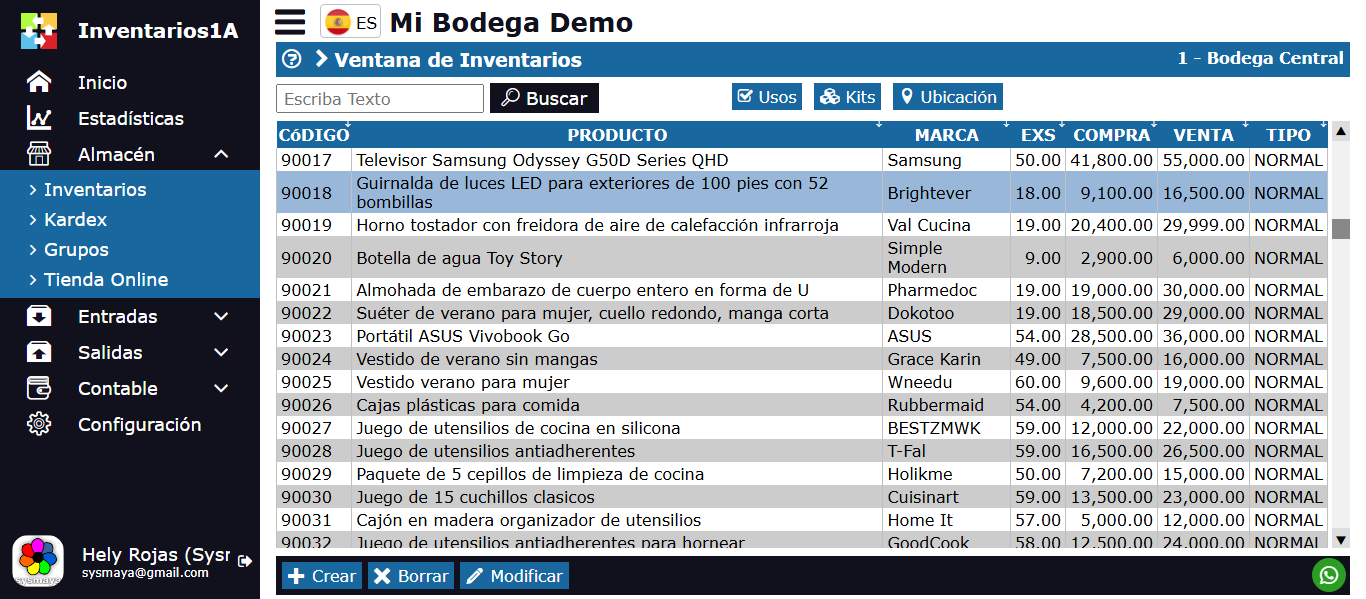Bitcoin VS Ethereum: Which One to Invest In?
In the world of cryptocurrencies, Bitcoin and Ethereum are like the classic debate between Coca-Cola and Pepsi: two giants that dominate the market, each with its characteristics, uses, and followers. But, which is the best option for investing? Let's break down their differences and analyze them in depth, from their speed and transaction cost to their security and energy consumption.
1. History and Purpose
Bitcoin was created in 2009 by the enigmatic Satoshi Nakamoto with the objective of being a decentralized digital currency and a safe haven to protect value from inflation and government intervention. Its main purpose is to serve as a store of value, as the "digital gold".
Ethereum, on the other hand, was born in 2015 thanks to Vitalik Buterin, with the purpose of being more than just a currency. Ethereum is a platform that allows the creation of smart contracts and decentralized applications (dApps). While Bitcoin focuses on being digital money, Ethereum seeks to be a platform for innovation and creation.
2. Speed and Transaction Cost
Bitcoin is currently much slower and more expensive in terms of transactions. It processes around 7 transactions per second (TPS) and fees can range from 1 to 20 dollars or more, depending on the level of network congestion. This is due to its Proof-of-Work (PoW) consensus mechanism, which prioritizes security and decentralization over speed.
Ethereum, although it also used the PoW system for years, recently migrated to Proof-of-Stake (PoS) in the update known as "The Merge". This not only reduced its energy consumption, but also improved the speed of transactions. Ethereum currently processes between 15 and 30 TPS, and its fees are more variable, with an average cost of between 0.5 and 5 dollars per transaction in times of low congestion, although they can still escalate in periods of high demand.
Verdict: Ethereum is faster and its fees can be lower, but in times of high demand, both can become expensive.

3. Mining and Maintenance Cost
Bitcoin still uses a PoW system, where miners compete to solve complex mathematical problems. This requires a high energy consumption and specialized equipment (ASICs), which makes maintenance more expensive. It is estimated that Bitcoin mining consumes more energy than some small countries, which has raised environmental concerns and debates about its long-term sustainability.
Ethereum, by migrating to PoS, no longer depends on miners, but on validators who stake their ETH to help secure the network. This significantly reduces its energy cost, as it is estimated to consume 99% less energy than when it used PoW.
Verdict: Ethereum is clearly "greener" and cheaper to maintain after its transition to PoS, while Bitcoin continues to face criticism for its high energy consumption.
4. Security and Decentralization
Bitcoin is widely considered the most secure and decentralized network in the crypto world. It has an extremely high hash rate (total computational power of the network), making it almost immune to 51% attacks. In addition, its design makes each node independently validate transactions, promoting decentralization.
Ethereum, although also very secure, has had some historical challenges, such as the famous "The DAO" hack in 2016, which resulted in the fork of Ethereum and the creation of Ethereum Classic (ETC). However, its transition to PoS has increased its security, as it now requires a significant amount of ETH to attack the network, making it economically unfeasible.
Verdict: Bitcoin remains the king of security and decentralization, but Ethereum is quickly closing the gap.
5. Real-World Use and Applications
Bitcoin is mainly used as a store of value and as a payment method in some merchants that accept cryptocurrencies. However, its use is limited due to its slow transaction speed and high costs. Most users buy Bitcoin to hold it (HODL) or as an investment.
Ethereum, on the other hand, has much wider adoption in the real world thanks to its ability to execute smart contracts and host dApps. Decentralized finance (DeFi) projects, non-fungible tokens (NFTs), and applications such as Uniswap, OpenSea, and Aave are built on the Ethereum network. This makes it a more dynamic ecosystem with more use cases.
Verdict: Ethereum wins in adoption and use cases, while Bitcoin remains more of a "store of value".
6. Development and Future
Bitcoin moves slowly in terms of development, as changes to the network require almost unanimous consensus. This translates into network stability, but at the cost of innovation. However, initiatives such as the Lightning Network seek to improve scalability and allow faster and cheaper transactions off the main chain.
Ethereum, on the other hand, is a hotbed of innovation. With updates such as "Ethereum 2.0" and "Sharding", it is expected that the network will be able to process thousands of TPS in the future, further reducing fees. There is also a much more active community of developers creating new applications and solutions.
Verdict: Ethereum seems to have more growth and innovation potential, although Bitcoin maintains its advantage as the most solid and reliable currency.
7. Performance as an Investment
In terms of financial performance, both assets have shown explosive growth, although Ethereum has outperformed Bitcoin in terms of percentage gain in several periods. This is partly due to its lower market capitalization and higher volatility.
However, Bitcoin is more accepted by investment funds and large institutions as a store of value. Ethereum, being more versatile, is affected by multiple factors, such as the rise or fall of dApps and NFTs.
Verdict: If you are looking for long-term stability, Bitcoin may be your choice. If you are interested in potentially higher growth, but with more risk, Ethereum could be the right option.
So, which one to invest in? If you are looking for a cryptocurrency with a solid track record, security, and the consideration of "digital gold", Bitcoin is your best bet. But if you are looking to diversify, participate in technological evolution, and long-term bets, Ethereum offers more opportunities.
The ideal would be to have a combination of both in your portfolio to balance stability and growth. At the end of the day, the choice will depend on your investment profile and how much risk you are willing to take in the changing world of cryptocurrencies.






